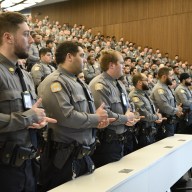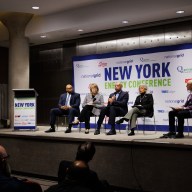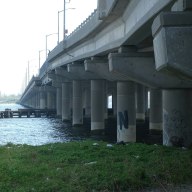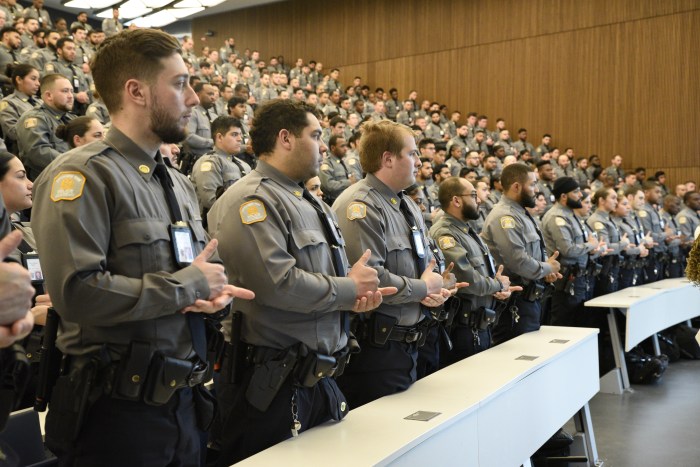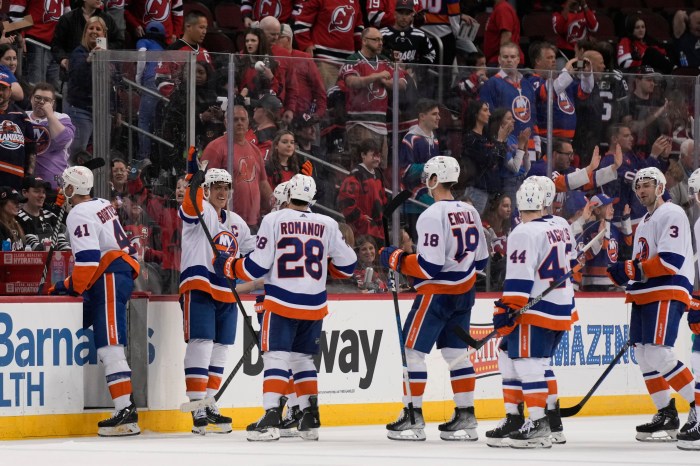By Philip Newman
On the heels of the third bus and subway fare hike in as many years, the MTA has approved an increase in bridge and tunnel tolls that will cost Queens motorists paying cash more than those using E-ZPass.
Metropolitan Transportation Authority officials said they hoped giving E-ZPass drivers a financial break might encourage more drivers to use the electronic system, which cuts manpower costs and eases traffic at toll stations.
The MTA approved the toll increases by a vote of 12-1 Oct. 27.
It means the toll will go from $11 to $13 if you pay cash — $9.14 to $9.60 with E-ZPass — at the Verrazano-Narrows Bridge, and hikes from $5.50 to $6.50 (cash) and $4.57 to $4.80 (E-ZPass) at the Throgs Neck Bridge, the Robert F. Kennedy Bridge, the Queens-Midtown Tunnel, the Bronx-Whitestone Bridge and the Brooklyn-Battery Tunnel.
The Henry Hudson Bridge goes from $3 to $4 with cash and from $2.09 to $2.20 with E-ZPass.
At the Marine Parkway-Gil Hodges Memorial Bridge and the Cross Bay Veterans Memorial Bridge, the cash toll will go from $2.75 to $3.25 and E-ZPass from $1.71 to $1.80. For Rockaway residents, the toll on the two bridges goes from $1.13 to $1.19.
State Assemblywoman Audrey Pheffer (D-Rockaway Beach) spoke prior to the vote in opposition to the MTA tolls. Rockaway residents have long complained about the Cross Bay bridge toll, which requires them to pay to go from one part of their community to another — all in the same ZIP code.
After the vote, with only board member Norman Seabrook dissenting, MTA Chairman Jay Walder was asked whether thousands of drivers would be forced to leave their cars at home and take mass subways and buses because of the higher tolls, which take effect Dec. 30.
“I think if toll increases were to move more people to public transit, I don’t think it would be the worst thing in the world,” Walder said.
The higher tolls followed a raise in fares on buses, subways and commuter railroads as the MTA struggles with an $800 million budget deficit as the result of plummeting tax receipts and lower proceeds from taxes intended for transit. The agency’s dire finances are also due to borrowing $24 billion after state and local governments ended or slashed money for the MTA’s Capital Program.
Reach contributing writer Philip Newman by e-mail at timesledgernews@cnglocal.com or phone at 718-260-4536.







